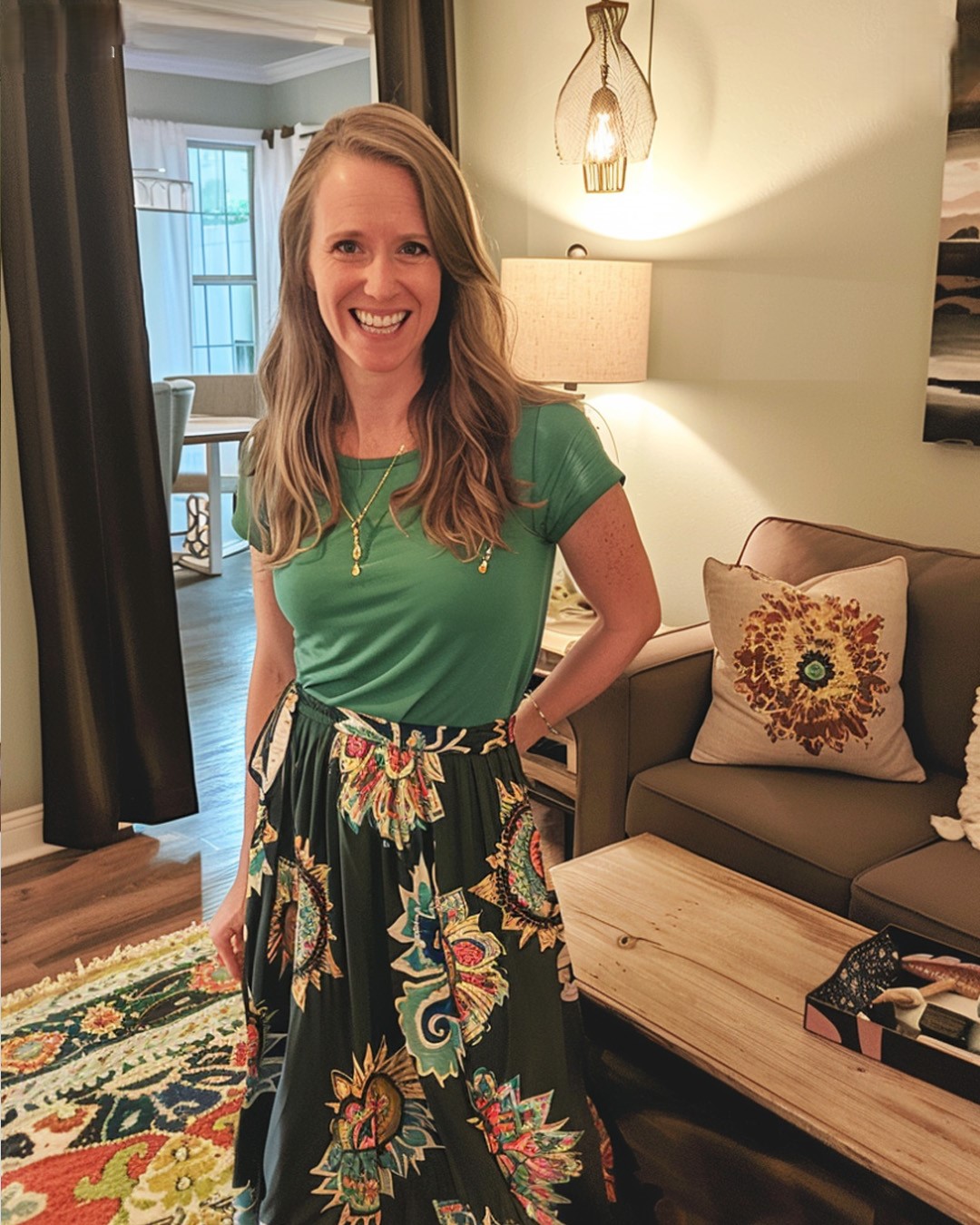When I bought my stepmom Karen’s late mother’s hoarder house for a nominal $20,000, I was fully aware of the challenge I had undertaken. The house was a sprawling mess, filled with decades of accumulated junk, and the smell of mildew and decay was overpowering. Despite this, I saw potential in the six-bedroom property and was excited to make it my own.
Karen and her siblings were eager to offload the property and its contents, having no desire to sift through the chaos themselves. They made it clear that everything in the house would be mine once the sale was complete. This arrangement seemed perfect to me, a young homeowner eager to tackle a fixer-upper.
The cleaning and renovation process was grueling. Every room was a bigger disaster than the last, filled with rotting dishes, outdated canned goods, and mountains of unusable items. Yet, amidst the debris, I discovered hidden treasures like antique silverware, old clocks, and a collection of vintage jewelry that included a beautiful pearl necklace and an exquisite wedding dress that seemed tailor-made for me.
Motivated by these finds, I invested my savings into the home, repairing and restoring it to its former glory. I fixed the roof, updated the plumbing, and refinished the hardwood floors, slowly transforming the dilapidated house into a lovely, livable space.
After years of hard work, the house was finally a place I was proud to call home. However, just as I was beginning to enjoy the fruits of my labor, Karen unexpectedly showed up, demanding the house back. She claimed that her emotional attachment to her mother’s memories gave her the right to the property and even offered to repay the original $20,000 in a bid to reclaim it.
I was shocked and hurt by her audacity. Karen had previously shown no interest in the house or the sentimental value of the items within it. Her sudden change of heart and demand for the return of the property felt unfair and opportunistic.
Determined to stand my ground, I refused Karen’s offer, pointing out that I had legally purchased the house and invested far more into it than the original sale price. I suggested that if she truly wanted the house back, she would need to compensate me at its new market value, which had significantly increased thanks to my renovations.
Karen left in a huff, promising that this wasn’t the end of the matter. However, I was resolved to protect my investment and the home I had painstakingly restored.
The experience was a stark reminder of the complexities of family relationships and property rights. It also underscored the importance of having clear legal agreements and boundaries in family dealings. I had turned the house from a burden into a gem, and I was prepared to defend my right to enjoy it.

